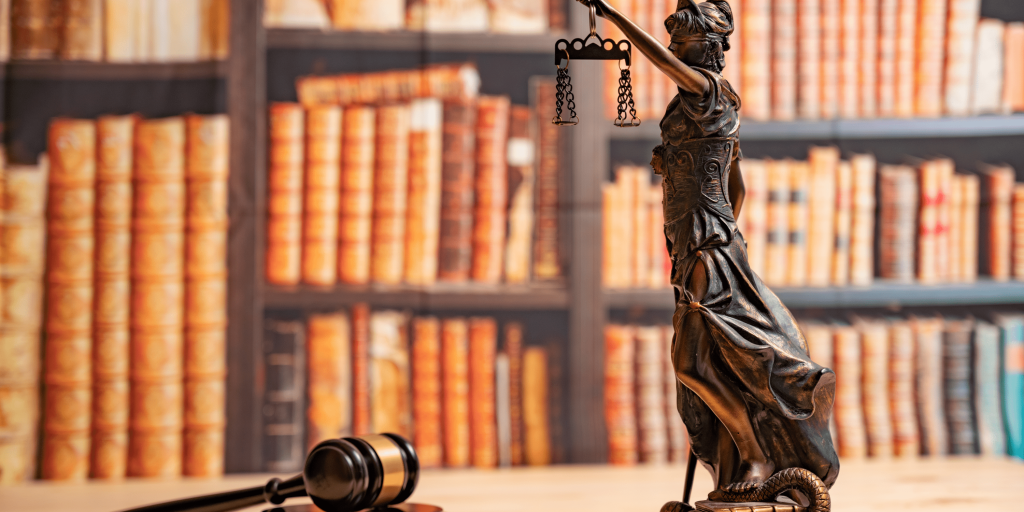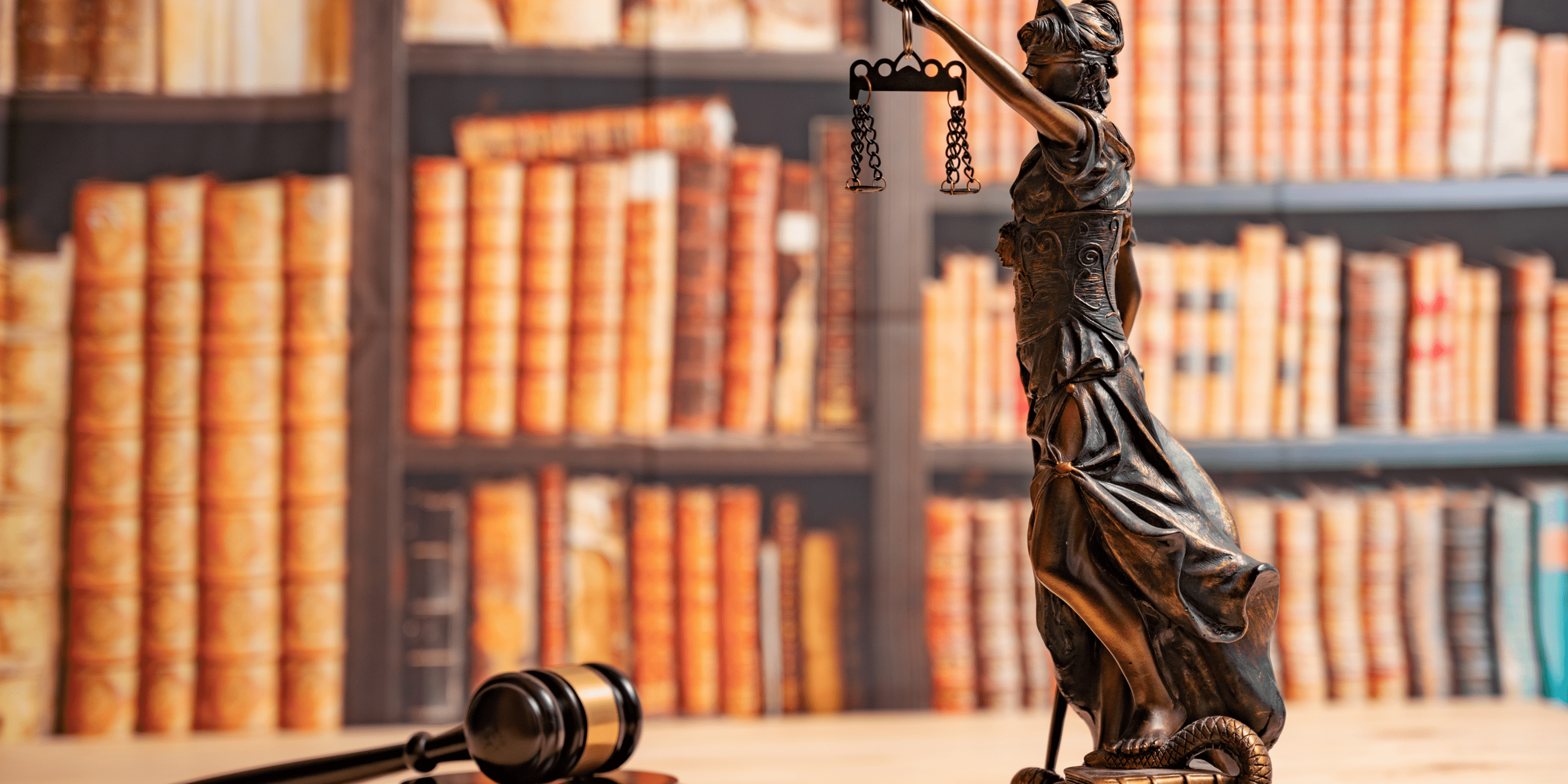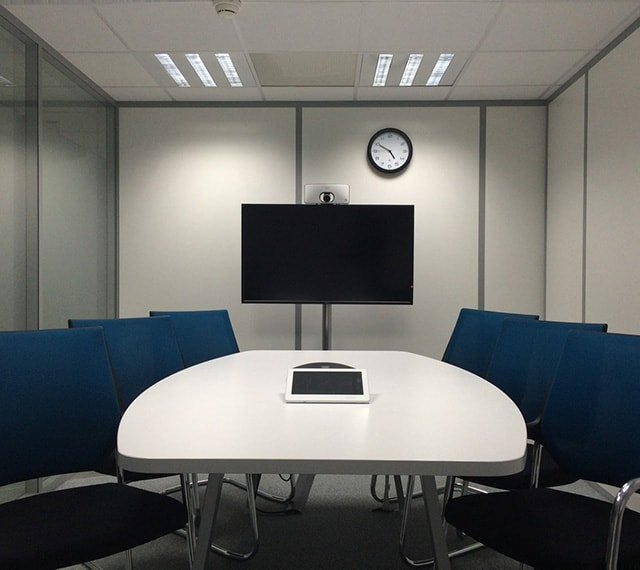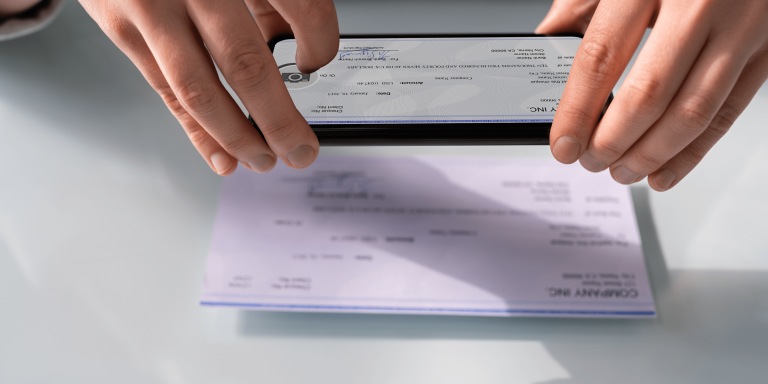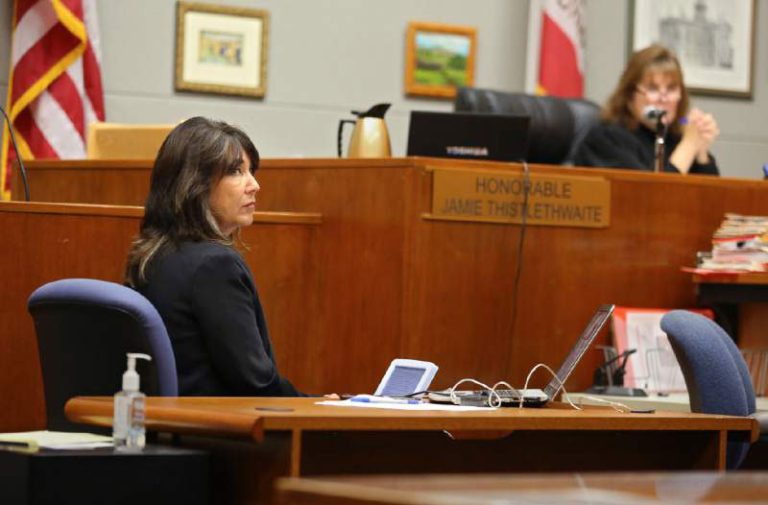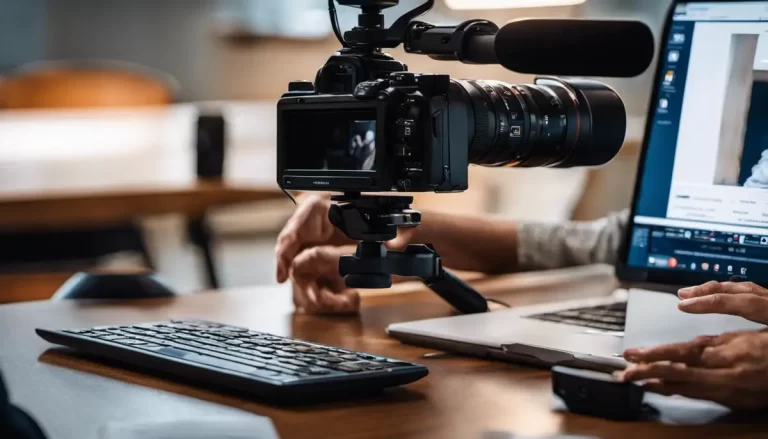Are you fed up with scheduling and conducting legal depositions? Do you wish there was a faster, easier, and safer way to gather testimony from remote witnesses or experts? Just use video conferencing for legal depositions! This cutting-edge technology is changing how lawyers work.
Cost and Time Efficiency
Video conferencing for legal depositions saves time and money. Travel, lodging, and other fees make in-person depositions costly and time-consuming. Video conferencing lets everyone engage without travel costs.
Attorneys can save time on logistics by not traveling far. Lawyers can join a video conference from home or work to avoid hours or days of travel for depositions. This lets them focus on case preparation and customer service.
Video conferencing cuts not only trip and lodging costs but also other deposition expenditures. Most video conference platforms record, thus court reporters and transcribing services are unnecessary. This simplifies testimony review and reference by eliminating manual note-taking during depositions.
Improved Flexibility and Convenience
All parties benefit from video conferencing for legal depositions due to its flexibility and ease. No longer must everyone be in a certain place at a certain time. Attorneys, witnesses, and experts can attend depositions through video conferencing from any internet-connected computer or mobile device.
This flexibility streamlines scheduling and eliminates travel costs and logistical issues associated with in-person depositions. Attorneys can now connect with participants in different towns or countries without hassle.
Video conferencing also saves time by eliminating the need to prepare for depositions. It saves time from commuting or waiting in unknown places. Instead, attendees can log into their virtual meeting room from home or work.
Video conferencing technology commonly includes screen sharing and document collaboration facilities, making depositions easier. During questioning, attorneys can rapidly communicate documents, exhibits, and visual aids online.

Security and Confidentiality
Security and secrecy are crucial in legal affairs. Video conferencing for legal depositions protects sensitive information and privacy.
First and foremost, video conferencing services use strong encryption to secure communication. Only authorized participants can view deposition proceedings, decreasing the danger of data breaches or interception.
Video conferencing also supports passwords and unique user IDs, boosting confidentiality. These precautions give attorneys peace of mind that their client’s confidential information is protected during depositions.
Video conference depositions reduce the need to transport documents and files. This decreases the risk of confidential materials being lost or misplaced and physical document handling.
Enhanced Communication and Collaboration
Successful litigation requires good communication and coordination in today’s fast-paced legal climate. Video conferencing has transformed depositions, improving communication and teamwork.
Video conferencing lets attorneys see witnesses remotely. This avoids expensive travel and saves time for case preparation. Through high-quality audio and visual capabilities, attorneys can examine witness emotions and demeanor in real time to conduct effective follow-up questions.
Video conferencing also facilitates case attorney teamwork. Lawyers can present evidence or discuss difficult legal topics remotely using screen sharing, document sharing, and virtual whiteboards.
Accessibility to Remote Witnesses/Experts
Video conferencing has made faraway witnesses and specialists more accessible in the digital era. Deposing witnesses in multiple locations no longer requires legal professionals to travel far or spend a lot.
Video conferencing for court depositions lets attorneys connect with remote witnesses and experts from home or the workplace. This saves time and money on trips.
Video conferencing also provides real-time contact and engagement between deposition parties. Attorneys can ask questions, hear responses, and see witness reactions much like in person.
Video conferences allow participants to effortlessly share documents, exhibits, and visual assistance. This ensures everyone has timely and logistically easy access to vital information.
Best Practices for Conducting a Successful Video Conference Deposition
1. Set up technology: Before the deposition, make sure everyone has a good internet connection and video conferencing software. Be sure to test microphones and cameras for clear audio and video.
2. Choose a neutral, distraction-free atmosphere for professionalism. Lighting and camera angles should be adjusted to capture everyone’s expressions. During the deposition, encourage participants to dress properly and behave appropriately.
3. Share exhibits in advance: Sharing important documents or evidence with all parties before deposition streamlines the procedure. Everyone can thoroughly review materials and refer to them during questioning without interruption.
4. Clear communication guidelines: Stress the significance of speaking clearly and simply during video conference depositions. Interrupting voices might cause confusion or technical concerns, so encourage participants to wait their turn.
5. Be professional: Like depositions, video conferences must be respectful to all parties. Avoid interrupting others, be calm even when angry, and respect courtroom etiquette.
6. Use visual aids: Use screen-sharing to display difficult information or exhibits during deposition.
7. Promote active participation: Ask open-ended questions to encourage conversation, rather than simplistic yes/no replies. This may help witnesses or experts provide greater insight.
8. Accurately record: Learn your video conferencing software’s recording features. Save session recordings in case they’re needed later.
These best practices can help you hold efficient, effective, and professional video conference depositions.
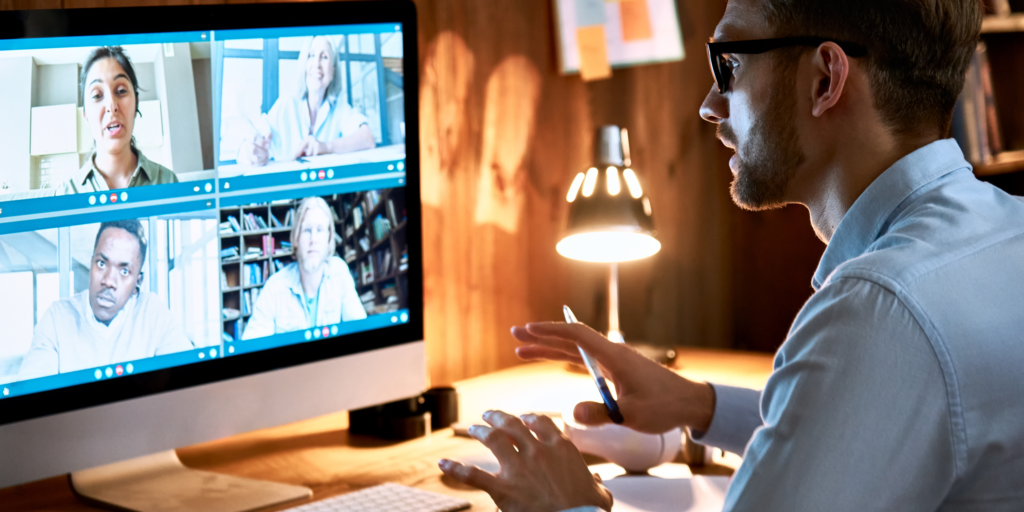
Conclusion
With its many deposition benefits, video conferencing has changed the legal sector. From cost and time efficiency to flexibility and convenience, modern technology has changed how attorneys gather testimony and collaborate with witnesses.
To safely interact and coordinate with all parties in a case, video conferencing is essential. Lawyers can interrogate witnesses, discuss exhibits, and annotate in real time with improved communication technologies.
Video conferencing allows distant witnesses and experts to participate in depositions from anywhere in the world. This accessibility allows expert opinions to be gathered without expensive travel.



